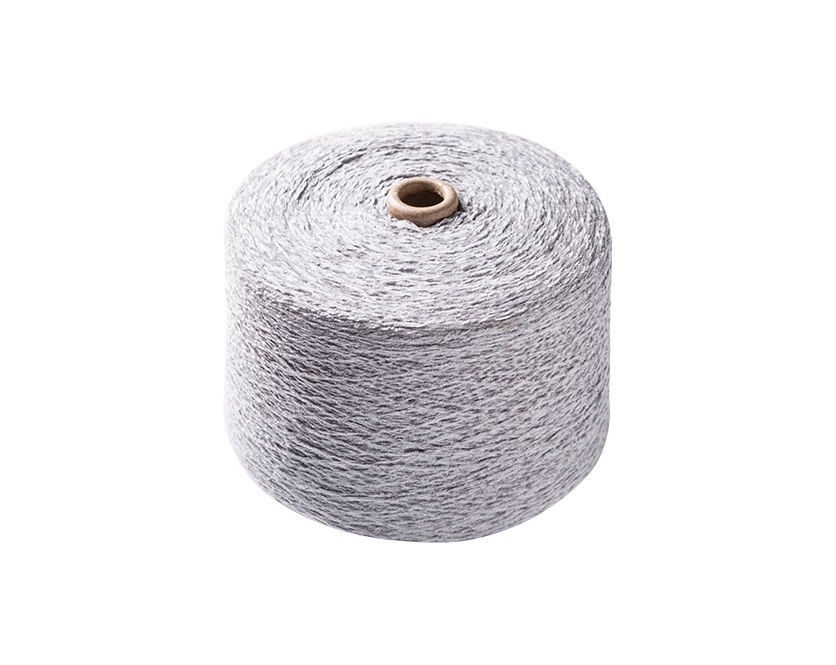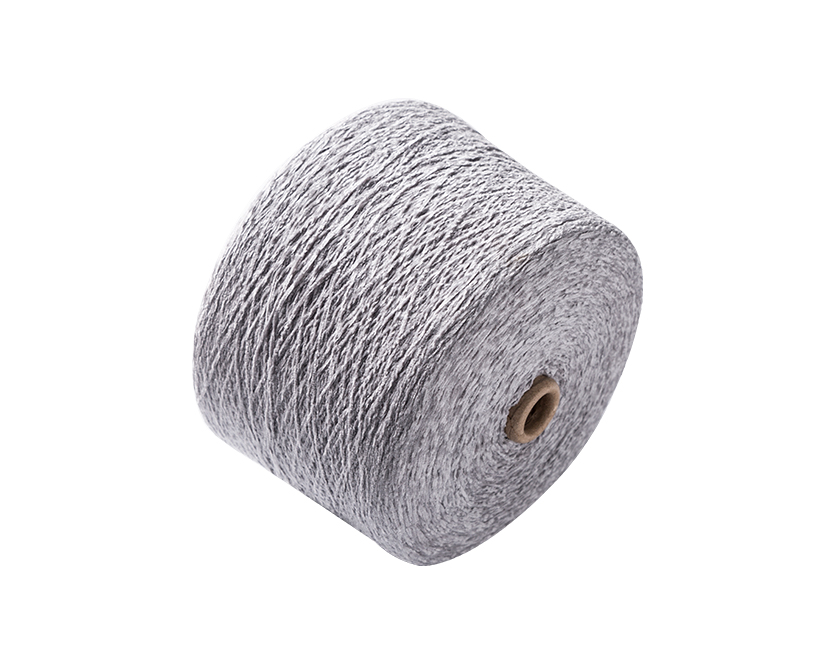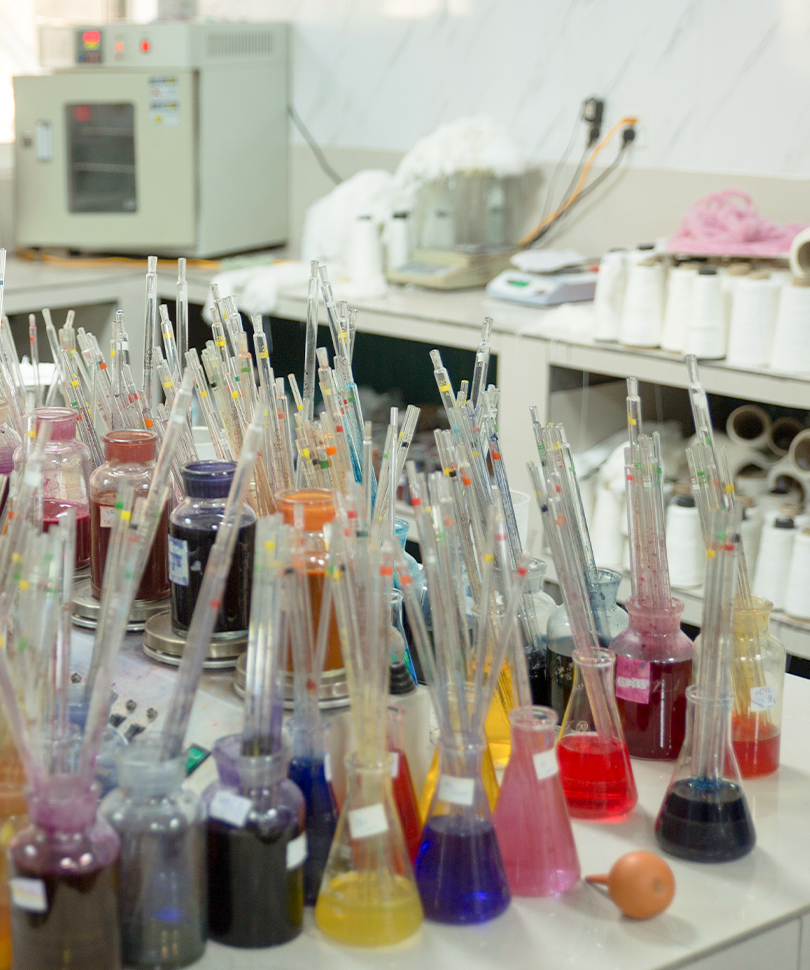Acrylic yarn is a synthetic fiber made from a polymer of acrylonitrile. It is widely used in the textile industry due to its affordability, durability, and ease of care.
Some of the key characteristics of acrylic yarn include:
Softness: Acrylic yarn is soft to the touch and can be made in a variety of textures, from smooth to fluffy.
Warmth: Acrylic yarn is lightweight and has good insulating properties, making it a good choice for winter wear.
Easy care: Acrylic yarn is easy to care for and can be machine washed and dried, making it a low-maintenance choice for many projects.
Resistance to fading: Acrylic yarn is resistant to fading and retains its color well, even with repeated washing.
Hypoallergenic: Acrylic yarn is a good choice for those with sensitive skin or allergies, as it is hypoallergenic and does not irritate the skin.
Versatility: Acrylic yarn is available in a wide range of colors and textures, making it a versatile choice for many different types of projects.
However, it's important to note that acrylic yarn may not be as warm as natural fibers such as wool, and may not have the same softness or breathability as natural fibers. Additionally, synthetic fibers like acrylic do not decompose easily and can have negative environmental impacts if not disposed of properly.
In conclusion,
acrylic yarn is an affordable, durable, and easy-to-care-for synthetic fiber that is widely used in the textile industry. Its softness, warmth, and resistance to fading make it a popular choice for many different types of projects, although it's important to consider its breathability and environmental impact when making a purchase.
Acrylic yarn is a versatile synthetic fiber that has a wide range of applications, including:
Clothing: Acrylic yarn is commonly used in the production of clothing, such as hats, scarves, gloves, and sweaters, due to its affordability, warmth, and resistance to fading.
Home textiles: Acrylic yarn is often used in the production of home textiles, such as blankets, throws, and cushion covers, due to its softness and durability.
Baby items: Acrylic yarn is a popular choice for baby items, such as blankets and clothing, due to its softness, warmth, and easy care.
Knitting and crocheting: Acrylic yarn is a popular choice for knitters and crocheters, as it is affordable, easy to work with, and comes in a wide range of colors and textures.


 中文简体
中文简体

























 +86-0573-88618379
+86-0573-88618379
 +86-0573-88618357
+86-0573-88618357